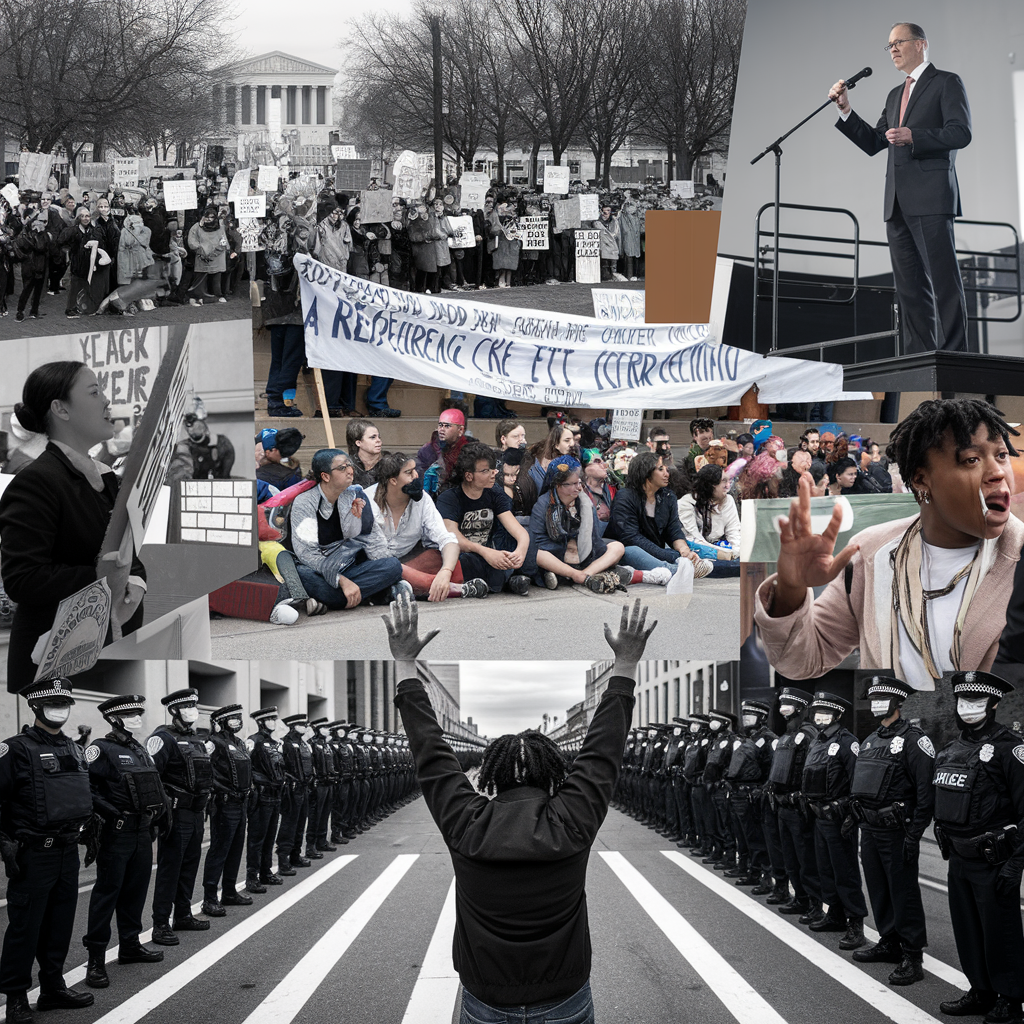Activism – It’s not where we are from; it’s not where we are at; it’s what we do.
Activism can take many forms and can occur in various economic, political, social and work arenas. It can take the form of direct action, civil disobedience, protests, occupations, campaigning, boycotts and demonstrations or, more conventional activism such as lobbying, writing letters, internet activism, petitions and attending meetings.
1. The next time we are out with friends, or if our friends only seem to discuss the new consumer products, movies, or the latest pop sensation in the music scene, find a way to segue to the topic of our cause, strike up a conversation about a particular cause and what it means to us; Ask for opinions and discuss each one. Our discussions do not always have to be about superficial things, we can discuss inspiring and deeper subjects. Activism includes bringing awareness to an issue and inspiring others to think about that issue.
2. Be mindful of the fact that the news media synthesizes events in ways which make the individual feel as if activism is hopeless. Most mainstream media usually gives only one side of a story. Look for the other side – find credible resources that report from a different perspective and do our own quality research of the issue.
3. Network through social media and at various events. Find like-minded people who are willing to discuss the issues, the events and the way forward. Learn about local actions, discussions or campaigns that inspire us and speak to our cause.
4. Stay focused on one particular cause. It’s fine to take up many causes, but always recognize our most important issue – the one that speaks loudly to us – without getting lost or overwhelmed by too many causes. Becoming overwhelmed stops our progress and freezes us into inaction. It can dilute our energy and focus.
5. Close accounts with banks and switch to credit unions. Understand that the larger the bank, the closer their ties to and the more invested they are in political issues that, generally, stifle human rights. Research the institution before placing our trust in it.
6. Go to a protest, do not let the stigma propagated by the mass media keep us away from protests, rallies and actions. Again, mainstream media tends to skew towards one side and that is, generally, the one that is most profitable for them and not the one more empathetic to our cause. They tend to champion the “Top Dog” (with money and power) or the position of the rich and powerful over the underdog.
7. When going to a protest, try to bring as many friends as we can to join event. The most successful protests, and the ones that make it past the media censors, are the boldest, largest and, sometimes, loudest.
8. When friends say that protestors are ‘crazy’, explain part of changing the way the current system is a moral duty of all. Gently confront the attitude and open a discussion about “protest” that has successfully created change using historic examples of people (MLK, Nelson Mandela, Rosa Parks, Malcolm X) and movements (Civil Rights Movement of the 50’s and 60’s, Women’s Movement of the 60’s and 70’s, LGBTQ Movement of the late 60’s, 70’s and 80’s, etc.).
9. Being an activist requires sacrifice; We will lose friends along the way, but do not be discouraged. Keep in mind, we will be meeting new friends and comrades as we travel our path.
10. Write an open letter to the CEO of a certain company with which we object to or disagree with their practices; Publish the letter online. Encourage others to do the same.
11. Write an anonymous letter to anyone who abuses their power – a politician, a boss, a CEO, a professor, a manager ,etc., and encourage others to do likewise.
12. When people use the word “consumer” to describe human beings, correct them and assert that human beings are more than consumers.
13. Organize securely where we can discuss matters with others who share the same interest – beware of open social media platforms or open public places.
14. Always use loving speech to reach people, avoid antagonizing them or their social/corporate defense mechanisms may kick in. We need to unite and not alienate.
15. Instead of routinely going to a nightclub or a party to meet other people, go to a protest, a rally, a teach-in (yes, there are still teach-ins) or discussion about a cause that interests us; If our first “go to” is to hide in a dark movie theater to watch the latest Hollywood film, change it up and look for protests, actions or events in our area and go to one; Or find a meeting or lecture on a subject that inspires us in order to learn more. Educate ourselves and learn to network with people who are attending the same event. The best place to find others with whom we can relate is a place focused on an issue that inspires us.
16. Talking to people is the most effective way of short-circuiting the mass media’s control over public opinion and individual biases. Activism includes inspiring and challenging others to think.
17. Learn from the experiences of others, reach out to the homeless or anyone who has been marginalized by society.
18. Volunteer, volunteer, volunteer! Volunteering teaches us that human actions do not have to always be about financial rewards. There are many ways to act locally to inspire nationally – BE THE CHANGE!



